In recent years, the use of security cameras in residential areas has surged, with more homeowners installing these devices to enhance the safety of their property.
Although these cameras are usually installed for security purposes, they've unintentionally led to increasing worries among neighbors about invasions of privacy. Many individuals find themselves uneasy with the thought that their daily activities, especially those in their own yards, could be recorded without their consent. How to block neighbors security camera has become a rising question.
To tackle this issue head-on, we chatted with our friends and some customers of aosu, gathering their stories, solutions, and what happened in the end. Their experiences might just have the advice you need.
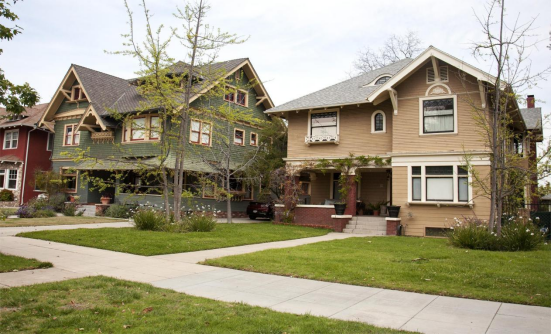
1. Talk to your neighbor directly
The story:
Alex had always cherished the privacy of their cozy backyard until they noticed something unsettling—their neighbor's security camera pointed directly into their space. Feeling their privacy was invaded, Alex was initially unsure how to approach the situation without causing tension. After some thought, Alex decided to address the issue head-on but in a calm and friendly manner.
"One sunny afternoon, I walked over to my neighbor's house, hoping to discuss my concerns about the camera. I wasn't sure how they'd react, but I knew it was important to express how exposed I felt," Alex recalls. "To my relief, my neighbor was understanding and hadn't realized the camera's angle was intrusive. We talked it over, and they agreed to adjust the camera's direction. Now, it monitors their yard without encroaching on mine."
What we’ve learned:
Drawing from Alex's experience, effective communication is key in addressing privacy concerns with a neighbor's security camera.
- Start by evaluating how the camera impacts your privacy to clearly articulate your concerns.
- Plan a non-confrontational conversation, choosing a moment when your neighbor is likely to be receptive.
- Express how the camera's positioning makes you feel and request a possible adjustment, highlighting your aim for mutual privacy respect.
- Be open to their perspective and willing to find a compromise.
- Offering assistance for repositioning the camera can smooth the process, and always express gratitude if they agree to make changes.
This approach emphasizes that respectful dialogue can lead to amicable solutions, maintaining good neighborly relations. So, when it comes to how to block neighbors security camera legally, remember, a direct and friendly talk is always the best choice.

2. Block the view with physical barriers
The story:
Like Alex, Rachel noticed a neighbor's security camera pointed directly at her space. But she was naturally shy and the thought of confronting her neighbor directly filled her with anxiety. Determined to find a solution that didn't require a confrontation, Rachel came up with a creative plan.
"I decided to enhance my garden's privacy in a way that also added to its beauty," Rachel explains. She started by transplanting several tall trees strategically around her yard. Then, to add an extra layer of privacy and aesthetic appeal, Rachel hung long strings adorned with decorative elements between the trees, effectively creating a charming barrier that obstructed the camera's view.
"This solution not only blocked the camera but also transformed my garden into a more secluded and enchanting space," Rachel recalls with satisfaction.
What we’ve learned:
Rachel's approach demonstrates that with a bit of creativity and effort, it's possible to maintain privacy without direct confrontation.
- Assess your outdoor area to identify where privacy is most needed.
- Choose a combination of tall, fast-growing plants and decorative elements like strings with ornaments to obstruct unwanted views. This method not only ensures privacy but also enhances your garden's beauty.
- Opt for plants that provide year-round foliage and consider the maintenance they'll require.
- After installation, evaluate the effectiveness of your privacy screen from various angles, making adjustments as necessary.
Rachel's story illustrates how a thoughtful, creative strategy can resolve privacy issues while beautifying your space.

3. Use objects to confuse the camera
The story:
Meet Steven. Steven found himself in a tricky situation when his neighbor installed a motion-detecting security camera. Every time Steven or his family stepped outside or his children played in the yard, the camera would swivel in their direction and start recording. Concerned about their privacy and after an unsuccessful attempt at dialogue with his neighbor, who refused to adjust the camera, Steven needed to find a clever solution.
"I thought about how I could ensure our privacy without causing too much of a stir," Steven recalls. The solution he devised was both ingenious and subtle. Steven decided to install a large flag in the top right corner of his house. Whenever the wind catches the flag, its movements trigger the camera's motion detection, diverting its focus away from Steven's family activities to the flag waving emptily in the breeze.
This strategy had an unexpected but welcome side effect. The constant redirection of the camera towards the flag became a slight nuisance to the neighbor. "It was a peaceful way to make a point," Steven shares with a smile. Eventually, this led to the neighbor compromising and resetting the camera to avoid being constantly alerted by the flag's motion, thereby restoring privacy to Steven's family.
What we’ve learned:
Steven's inventive solution demonstrates how to block neighbors security camera smartly. Sometimes, creative indirect actions can effectively address privacy issues. When direct communication doesn't yield results, consider non-confrontational methods that protect your privacy while prompting the other party to reconsider their stance.
In this case, installing a distraction like a flag to trigger the camera's motion detection diverted attention away from personal activities. This approach not only safeguarded Steven's family's privacy but also led to a compromise without escalating tensions. It highlights the importance of thinking outside the box and finding clever, peaceful ways to resolve disputes when faced with resistance.

4. Find a lawyer for legal support
The story:
The Greens' situation was markedly different from their predecessors'. When they approached their neighbor to discuss the intrusive security camera, they were met with hostility and aggression, a far cry from the understanding and compromise others had experienced. "It was disheartening," Mrs. Green recalls, "We simply wanted a bit of privacy in our own home, but our request was met with outright rudeness."
Feeling at a loss and concerned for their family's privacy, the Greens decided to escalate the matter. "We knew we had to take a stand, not just for us, but to set a precedent in our neighborhood about respecting privacy," Mr. Green stated. Their first step was to call the local police department to understand if any privacy laws were being violated. The officer they spoke to was sympathetic but explained that their situation would benefit from legal advice.
Following this, the Greens sought out a lawyer specializing in privacy and property disputes. "Our lawyer was incredibly supportive," Mrs. Green shared. "He helped us gather all the necessary documentation and advised us on how to proceed legally." With their lawyer's assistance, they prepared a formal complaint and approached their neighbor once more, this time with the backing of legal representation.
"The threat of legal action made our neighbor reconsider his stance," Mr. Green said with relief. Eventually, the neighbor agreed to redirect his security camera away from the Greens' property, restoring their privacy and peace of mind.
What we’ve learned:
The Greens' ordeal underscores the value of persistence and legal intervention in protecting personal privacy. Their story teaches us:
- Communication Can Fail: Not all disputes can be resolved through conversation, especially when faced with hostility.
- Legal Advice is Crucial: Consulting with a lawyer can provide a clear path forward when privacy is at stake.
- Documentation Supports Your Case: Keeping a record of all interactions and infringements is vital in legal disputes.
- Persistence Pays Off: Despite initial resistance, standing firm on your rights can lead to positive outcomes.
Their experience highlights that, in situations where dialogue is not possible, legal avenues can provide a necessary recourse to uphold privacy rights.

Inadvisable methods for blocking your neighbor’s security camera
Guarding your privacy is essential, but keep in mind not all strategies for obstructing a neighbor's security camera are advisable. How to block neighbors security camera without breaking the law is a tacky job. Certain approaches could lead to legal complications, harm the rapport with your neighbors, or even compromise your safety. Remember to steer clear of these DON'Ts.
- Don't Use Lasers: Pointing a laser at a camera can permanently damage its sensor. Beyond the potential legal consequences for property damage, this aggressive action can escalate conflicts with your neighbor, making peaceful resolutions harder to achieve.
- Don't Tamper Physically: Attempting to physically tamper with, cover, or damage the camera not only constitutes trespassing and vandalism but also can lead to criminal charges. Respect property boundaries to avoid legal complications.
- Don't Employ Hackers: Hiring someone to hack into the camera's system to disable it is illegal and could result in serious criminal charges, including cybercrime. It's risky, unethical, and compromises your integrity and security.
- Don't Use High-powered Lights: Shining bright, high-powered lights directly at the camera can cause temporary or permanent damage but is confrontational and can lead to retaliation or legal action against you for harassment or property damage.
- Don't Ignore Dialogue: Skipping the step of talking to your neighbor about your concerns might seem easier, but it eliminates the chance for a simple, peaceful resolution. Communication can often resolve issues without resorting to extreme measures, maintaining a good neighborly relationship.
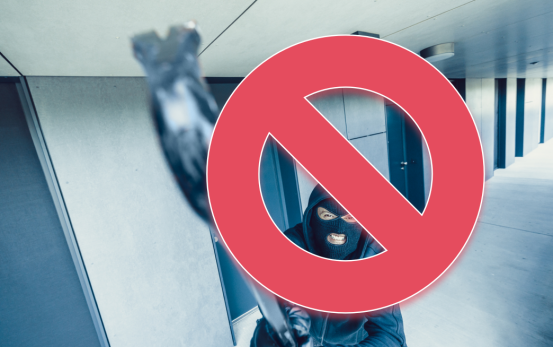
How aosu protects your security while respecting your privacy
Aosu cameras allow for setting detection zones, enabling you to exclude areas like public roads from the camera's monitoring scope. This means the camera will focus only on designated areas of your property, reducing unnecessary recordings and preserving privacy. Additionally, the data storage options, including local SD card storage and cloud storage, give you control over your recordings.
While aosu cameras offer features aimed at enhancing your security and privacy, it's important to conduct your own due diligence. Review our privacy policy, understand what data is collected and how it's used, and follow best practices for network and device security.
Aosu security cameras offer comprehensive protection for your home through high-resolution video, wide coverage, smart detection features, and flexible, user-friendly operation. Whether you're looking for a battery-powered, wired, or solar-powered system, aosu provides options that respect your privacy while ensuring your home's security.
Summing up
How to block neighbors security camera legally and smartly is a delicate task. Through open communication and creative solutions, we can protect our privacy while respecting our neighbors. Let's foster communities where safety and respect go hand in hand, proving that understanding and cooperation are the real keys to peaceful living.







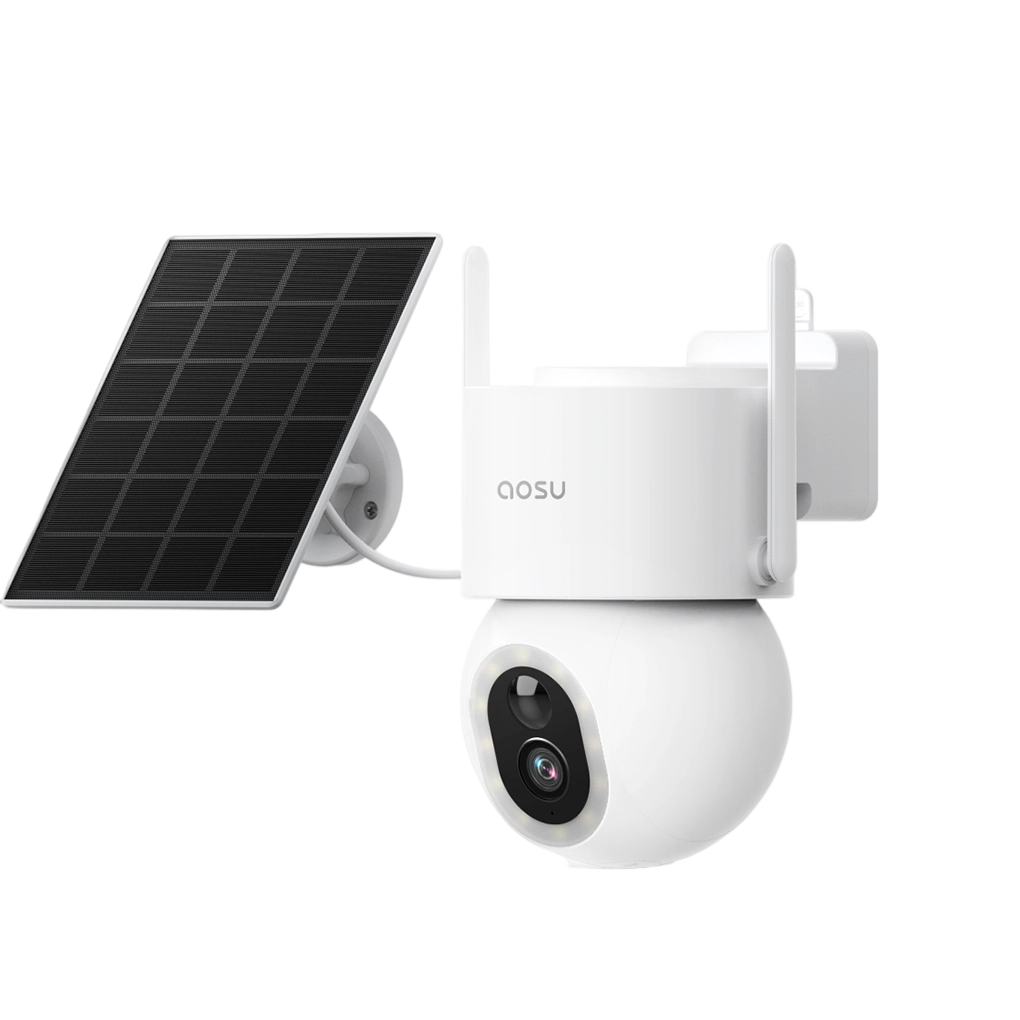
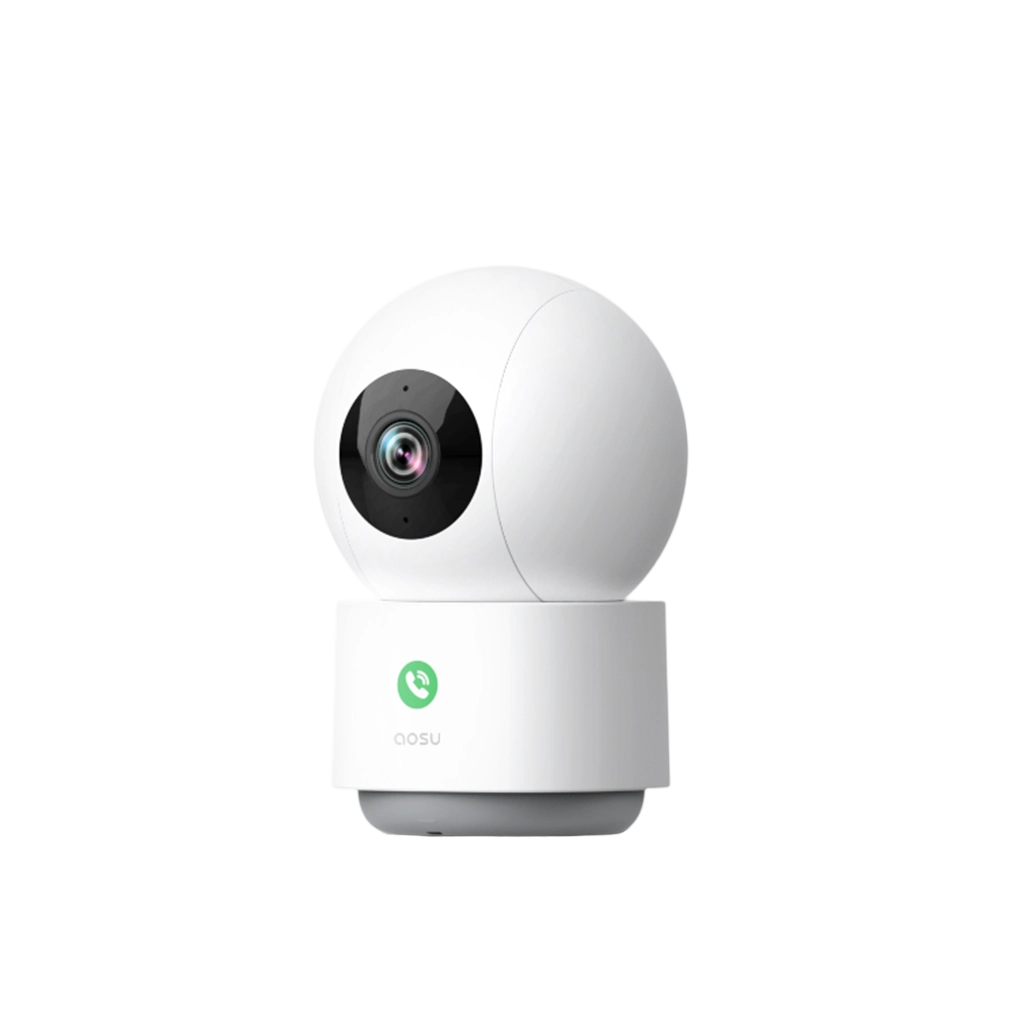
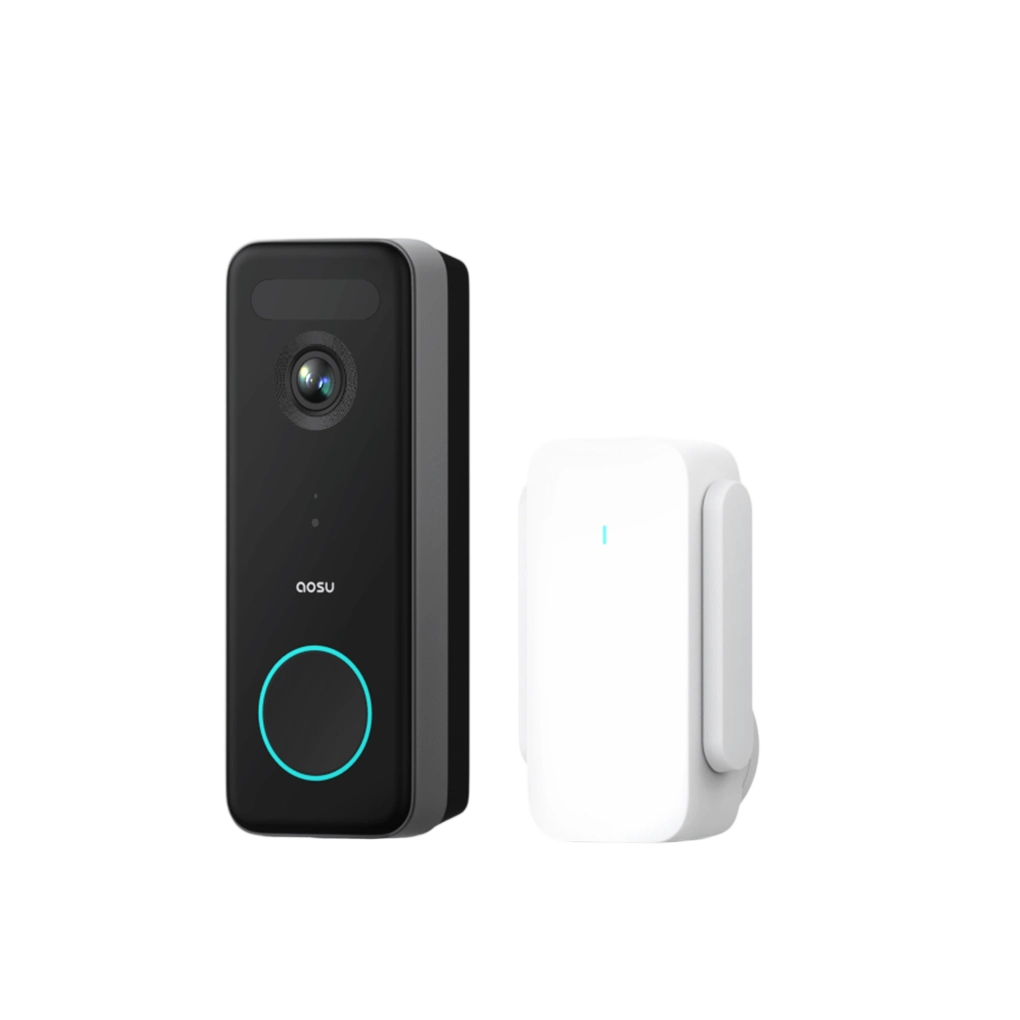
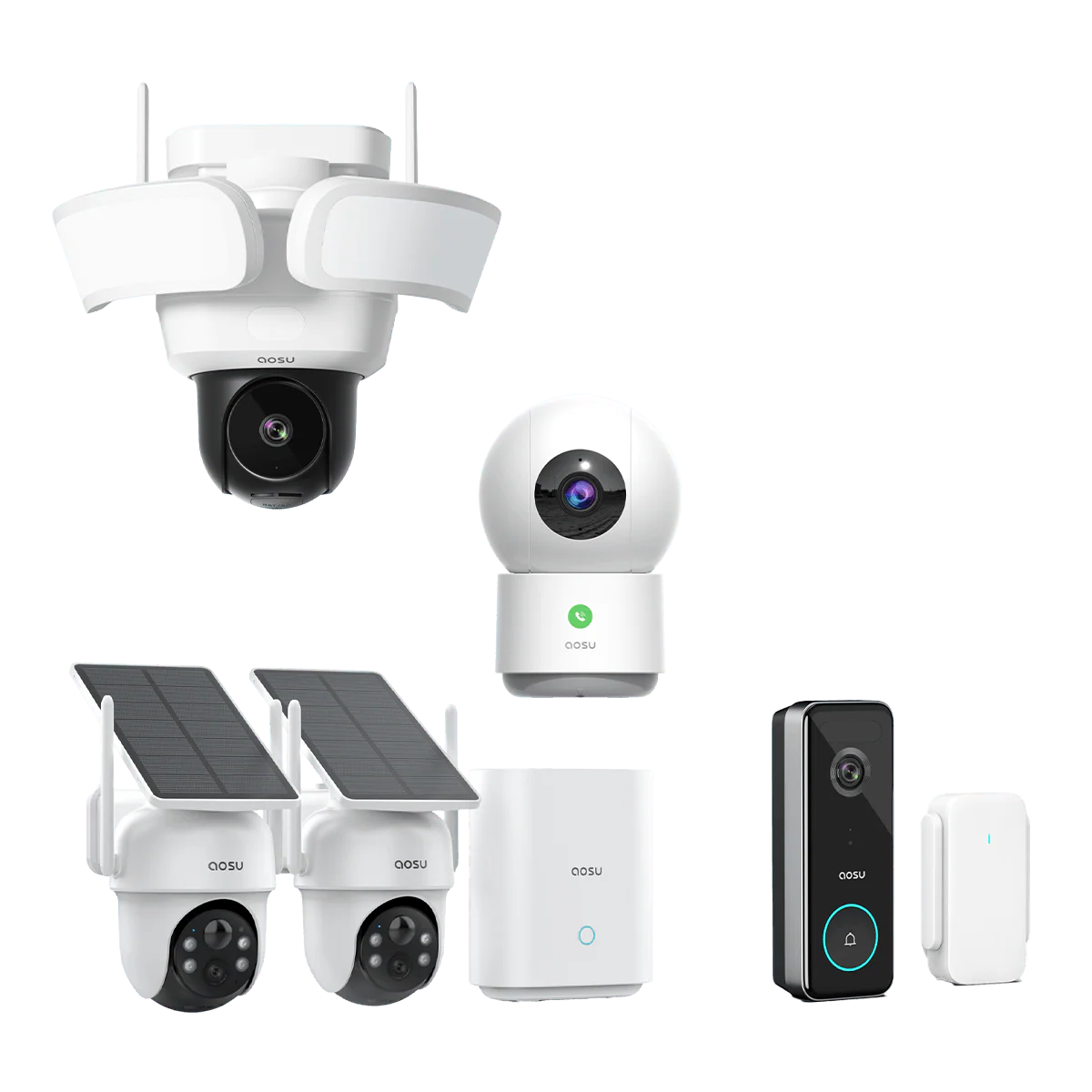




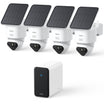

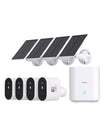




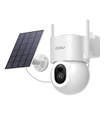
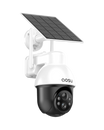
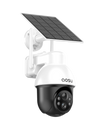
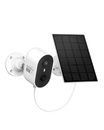

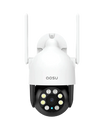
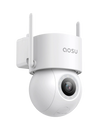







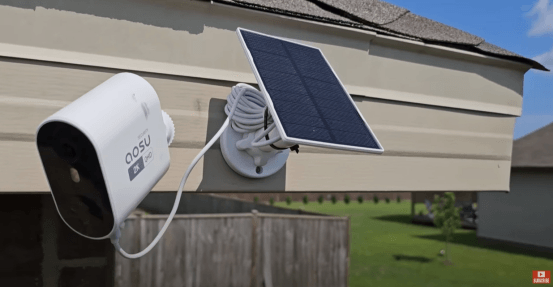
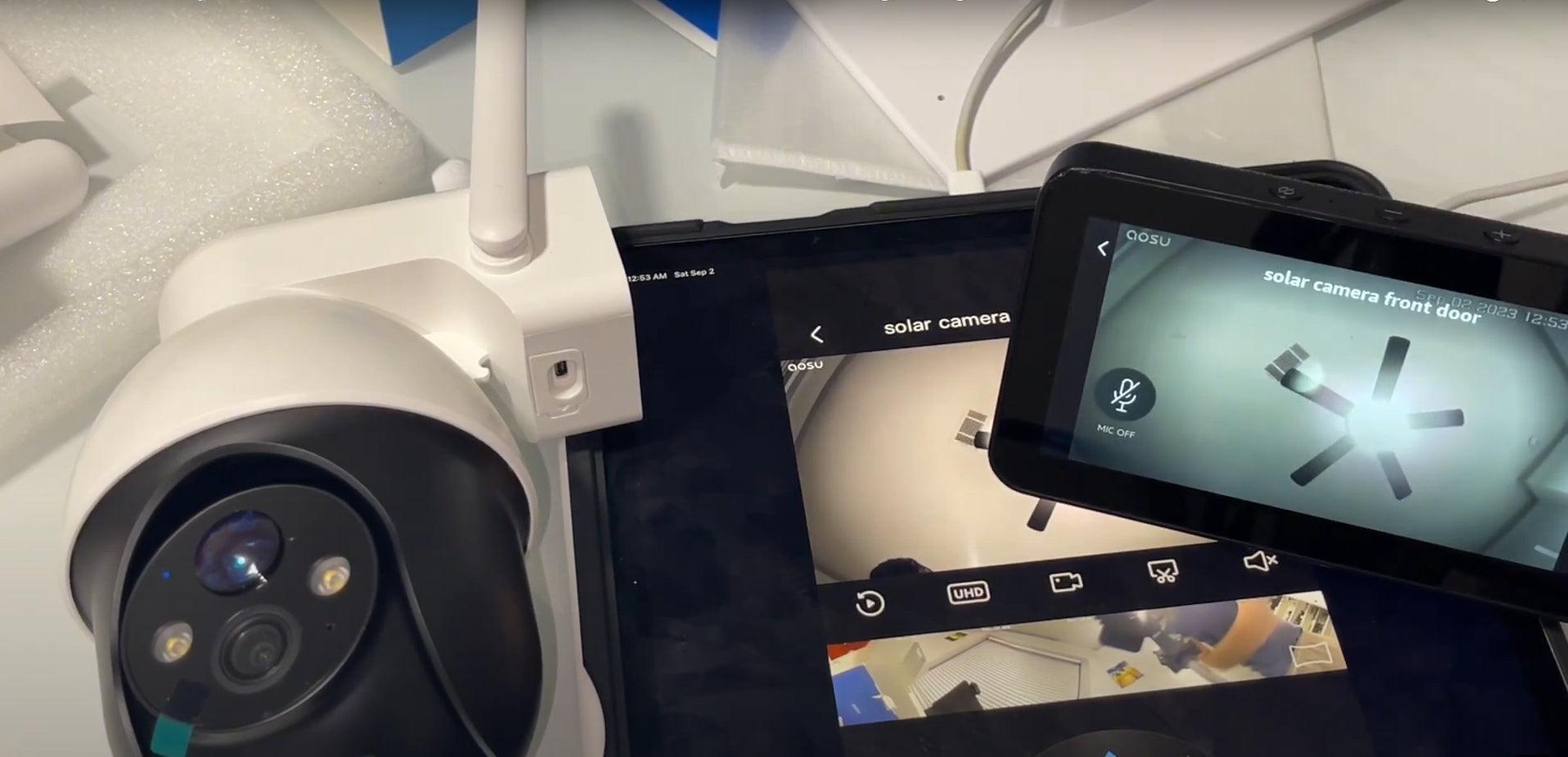

Leave a comment
This site is protected by hCaptcha and the hCaptcha Privacy Policy and Terms of Service apply.